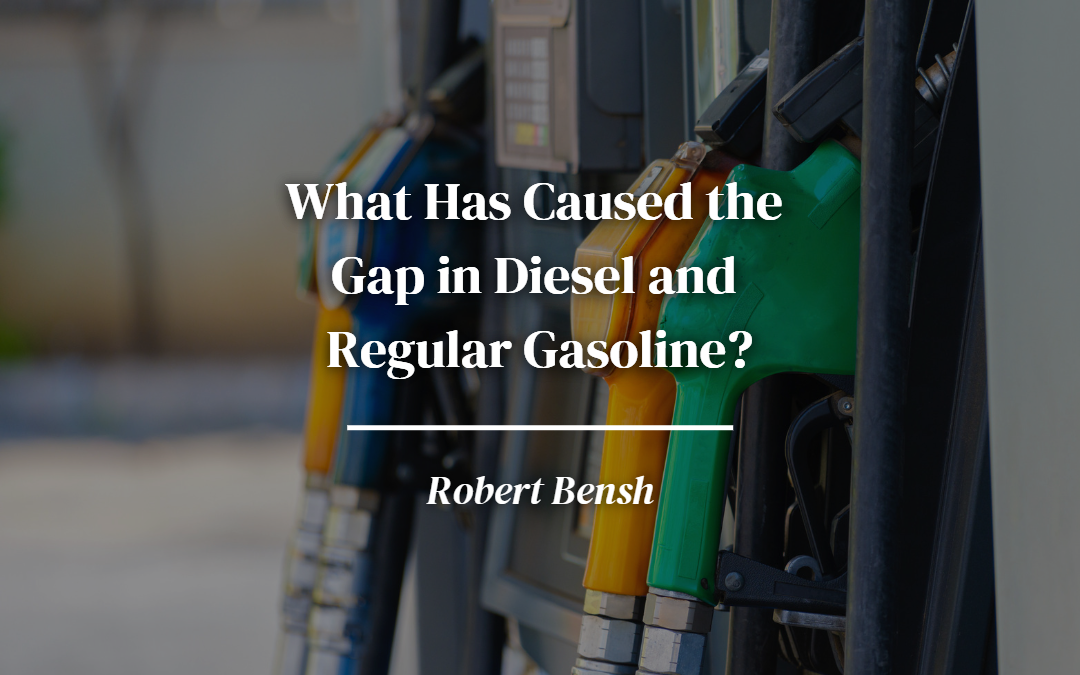Today, most drivers are focused on the high cost of gas. However, there is another type of fuel that’s significantly more expensive than regular gas: diesel. The national average for diesel fuel is more than $1 a gallon higher than regular gas. According to Joseph Sykora, a financial analyst at Aptus Capital, the global economy relies on the power of diesel. It fuels the trucking industry and is fundamental to international transport. Because of its chemical siblings, the engines of various heavy-duty vehicles, such as cargo jets and freight trucks, run on diesel. As the prices of these products go up, the transportation costs of these goods also increase. Before the current war in Ukraine and the decline in refinery capacities led to the high prices of gasoline and diesel, the cost of diesel was always higher than that of regular gas. The price discrepancy is attributed to various factors. Some of these include the transition to cleaner-burning diesel fuels, the increased taxes that are required to fund the transportation of these products, and simple supply and demand.
Dirty Regulations
In 2006, the EPA started implementing regulations that significantly decreased the sulfur content of diesel fuel in the US. This step was taken to reduce harmful emissions from the transportation industry. Since 2014, the EPA has been regulating the sale and production of diesel fuel in the US to be ULSD (ultra low sulfur diesel), a standard limiting the fuel’s sulfur content to 15 parts per million. The agency’s regulations have reduced harmful emissions by about 90%. Despite the significant benefits of the EPA’s environmental regulations, they have led to higher production costs and a lower fuel energy density. This has caused the prices of diesel to go up.
Diesel’s Function
In response to the rising gasoline and diesel prices, President Joe Biden’s administration asked Congress to suspend the tax on these products. In the US, the motor fuel excise tax is a tax imposed on the purchase of gasoline and diesel. It supports the Highway Trust Fund, a federal purse used to fund the maintenance and construction of transportation projects. Besides the federal tax, the states also have their own taxes on both gasoline and diesel. The average tax on a gallon of diesel is 7.55 cents higher than that of regular gas. The higher taxes imposed on diesel are mainly due to the heavier vehicles that run on this fuel. These vehicles, which include buses and freight trucks, deteriorate roads considerably more than the average car as they are substantially heavier.
Demand for Diesel
The price of diesel goes up due to the lack of supply and the high demand for this type of fuel. Compared to gasoline, diesel is produced at a lower rate. In the US, for every barrel of crude oil refined, there are typically around 19 to 20 gallons of gasoline. On the other hand, this figure drops to around 11 to 12 gallons for diesel. The demand side of diesel is also significant. It can power various consumer products, such as industrial equipment, construction and farming machinery, and vehicles. It can also be used in ships, military vehicles, and home heating systems. Although gasoline is commonly used in the US to power cars, the price of diesel affects our daily lives.
